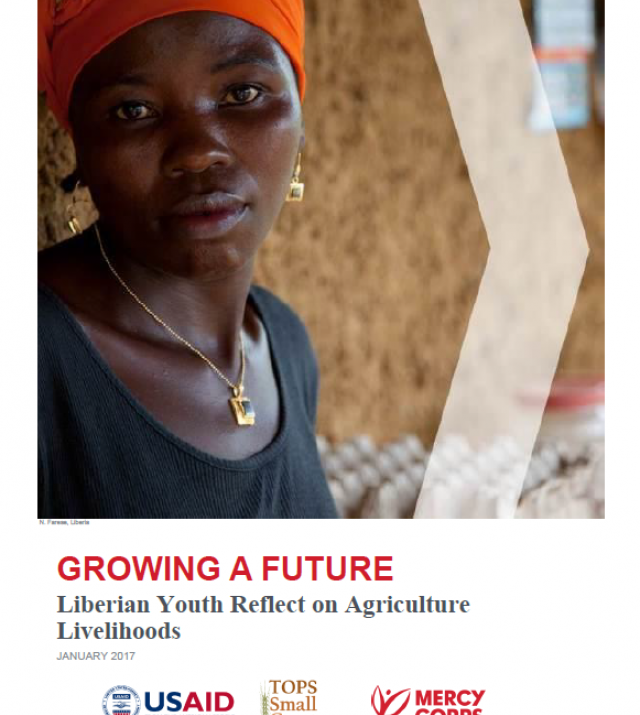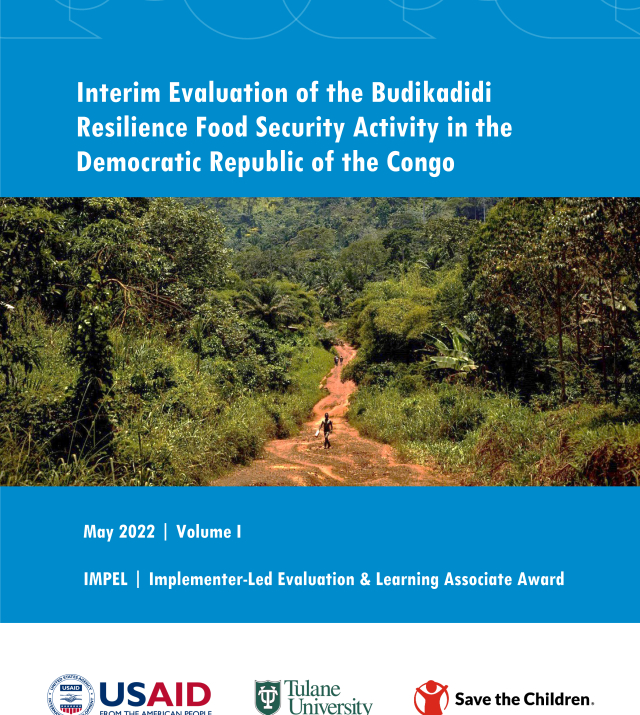The Downstream Economic Effects of COVID-19 on Resilience in Eastern DRC

This report examines the economic effects of COVID-19 on participants in the USAID-funded South Kivu Food Security Project (FSP). In eastern DRC, COVID-19 restrictions had many economic consequences for poor farmers in eastern DRC, including decreasing demand for informal labor, reducing domestic trade between rural and urban areas and limiting the availability of imported agricultural inputs. The restrictions also led to increased demand for commodities resulting in increased prices for food and non-food items. Aid agencies assumed that poor farmers in the region would see fewer agricultural labor opportunities, reduced agricultural productivity and decreased ability to sell agricultural goods. Although all restrictions were removed by the government by August 15, 2020, agencies remain under the assumption that income-generating activities and food security will continue to be impacted by the pandemic for some time to come (Famine Early Warning System Network, 2020).
Leveraging longitudinal data from their Seasonal Farmer-based Survey (SFBS), FSP sought to understand:
- The effects that shocks related to COVID-19 had on participant’s food security, agriculture and resilience outcomes
- The relationship between participant resilience capacities and food outcomes despite the downstream economic effects of COVID-19
- How capacities developed among participants with high and low program exposure in the context of COVID-19, and
- The relationship between FSP exposure and food security, agriculture and resilience outcomes despite the downstream economic effects of COVID-19.

